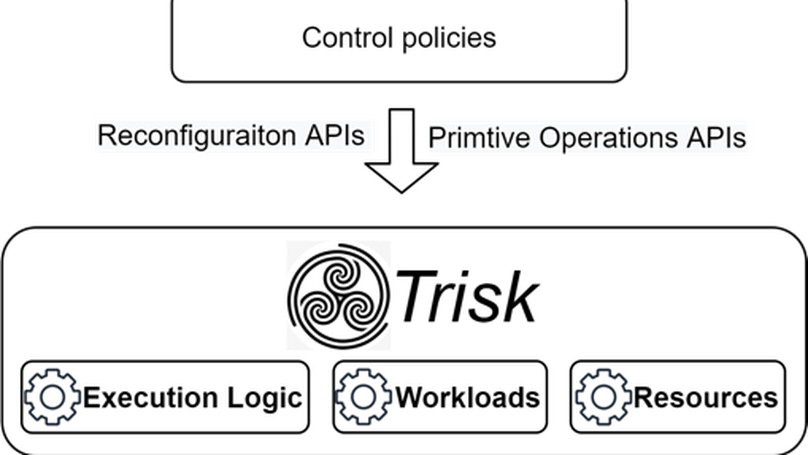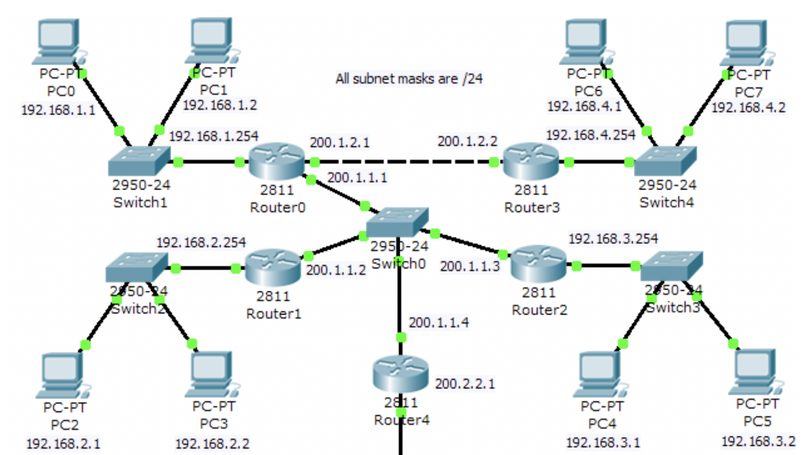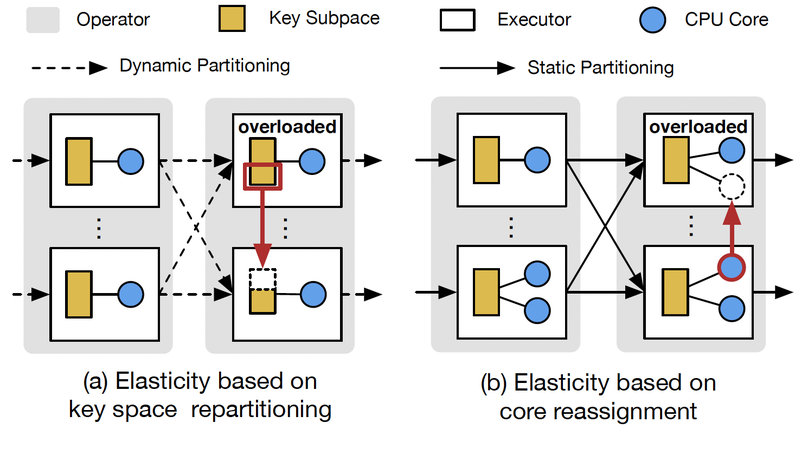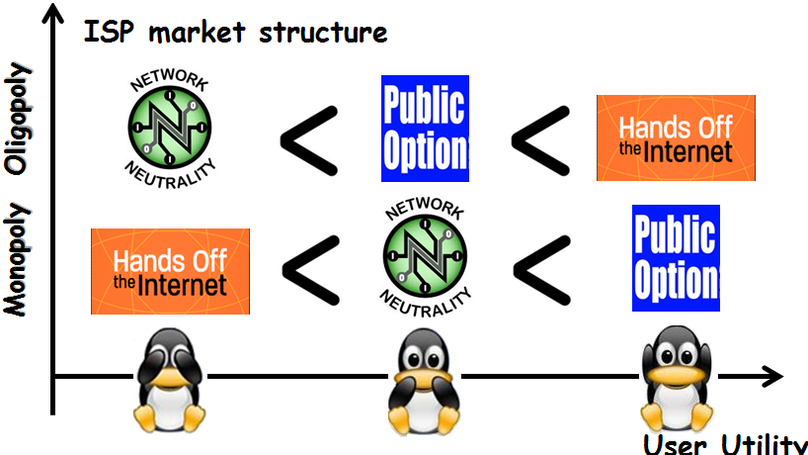Biography
Richard T. B. Ma is an associate professor with the Department of Computer Science, School of Computing, National University of Singapore. His research interests include cloud computing, distributed data and AI systems, and Internet economics and evolution. He leads the Systems, Analytics, Networks, Economics (SANE) group, which develops cloud-based data systems and performance models/analyses of network systems.
Richard received his Ph.D. from Columbia University in 2010. During his Ph.D. study, he interned at IBM Thomas J. Watson Research Center, NY, USA, and Telefonica Research, Barcelona. He received the Best Paper Award Runners-up from the ACM Mobihoc 2020 and a co-recipient of the Best Paper Award in the IEEE IC2E 2013, the IEEE ICNP 2014, and the IEEE Workshop on SDP 2015. He is a Senior Member of the ACM and IEEE.
Download my resumé.
- Cloud Computing
- Stream Systems
- Network Economics
-
PhD in Electrical Engineering, 2010
Columbia University
-
MPhil in Computer Science, 2004
The Chinese University of Hong Kong
-
BSc in Computer Science, 2002
The Chinese University of Hong Kong
Research
Featured Publications

Based on a novel task-centric abstraction, Trisk supports versatile runtime reconfigurations while keeping high efficiency with easy-to-use programming APIs.

With the rise of video streaming and cloud services, the Internet has evolved into a content-centric service network; however, quality of service (QoS) is still a major concern for the content providers. Because quality degradation is influenced by 1) the capacities of links along the routes used for content delivery and 2) the amount of competing traffic across these links, it is very difficult to diagnose.
In this paper, we establish a novel model to study how business decisions such as capacity planning, routing strategies and peering agreements affect QoS in terms of the end-to-end delays and drop rates of Internet routes. In particular, we take an economics perspective of the Internet transport service and model its supply of network capacities and demands of throughput driven by network protocols. We show that a macroscopic network equilibrium always exists and its uniqueness can be guaranteed under various scenarios. We analyze the impacts of user demands and resource capacities on the network equilibrium and provide implications of Netflix-Comcast type of peering on the QoS of users. We demonstrate that our framework can be used as a building block to understand the routing strategies under a Wardrop equilibrium and to enable further studies such as Internet peering and in-network caching.

Elasticity is highly desirable for stream systems to guarantee low latency against workload dynamics, such as surges in arrival rate and fluctuations in data distribution. Existing systems achieve elasticity using a resource-centric approach that repartitions keys across the parallel instances, i.e., executors, to balance the workload and scale operators. However, such operator-level repartitioning requires global synchronization and prohibits rapid elasticity. We propose an executor-centric approach that avoids operator-level key repartitioning and implements executors as the building blocks of elasticity. By this new approach, we design the Elasticutor framework with two level of optimizations: i) a novel implementation of executors, i.e., elastic executors, that perform elastic multi-core execution via efficient intra-executor load balancing and executor scaling and ii) a global model-based scheduler that dynamically allocates CPU cores to executors based on the instantaneous workloads. We implemented a prototype of Elasticutor and conducted extensive experiments. We show that Elasticutor doubles the throughput and achieves up to two orders of magnitude lower latency than previous methods for dynamic workloads of real-world applications.

Network neutrality and the role of regulation on the Internet have been heavily debated in recent times. Among the various definitions of network neutrality, we focus on the one that prohibits paid prioritization of content. We develop a model of the Internet ecosystem in terms of three primary players: consumers, ISPs, and content providers. We analyze this issue from the point of view of the consumer and target the desired system state that maximizes consumer utility. By analyzing various structures of an ISP market, we obtain different conclusions on the desirability of regulation. We also introduce the notion of a Public Option ISP, an ISP that carries traffic in a network-neutral manner. We find: in a monopolistic scenario, network-neutral regulations might benefit consumers, however the introduction of a Public Option ISP is even better as it aligns the interests of the monopolistic ISP with the consumer utility; and in an oligopolistic scenario, the presence of a Public Option ISP is again preferable to network-neutral regulations, although the presence of competing nonneutral ISPs provides the most desirable situation for the consumers.
Recent Publications




